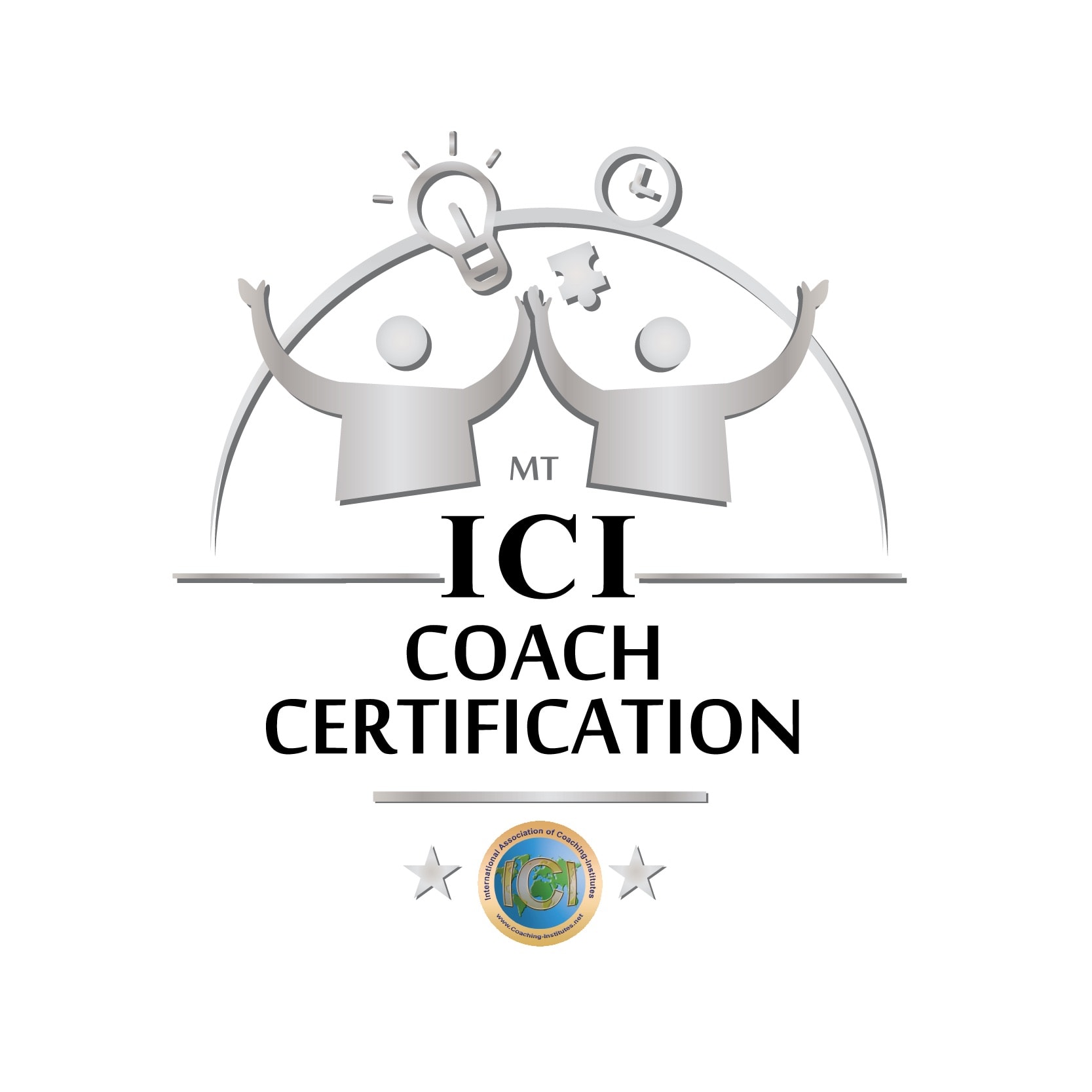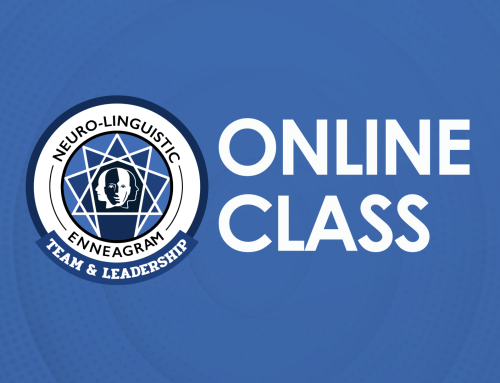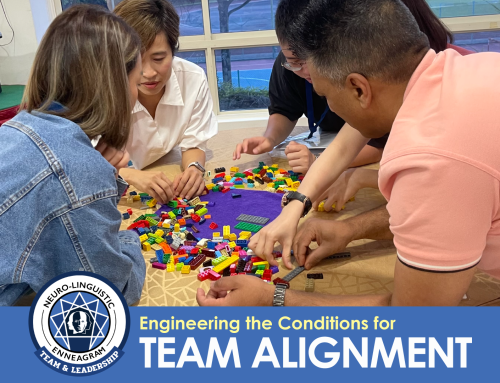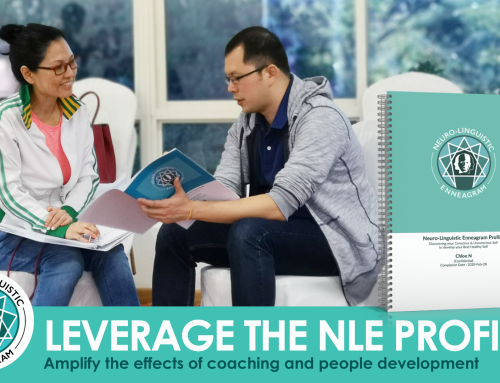The definition of life coaching has expanded tremendously over the last 25 years (1980s to the present). It seems like every school of coaching has their own unique definition. In order to understand and appreciate what life coaching is, one needs to start at the big picture level.
In general, life coaching is the process of helping another person to perform at the peak of his or her abilities.
In looking at the range of coaching services such as Sports, Executive, Financial, Relationship, Health & Wellness Coaching (and many more), one can easily see that each of these areas of specialisation are smaller sections of Life Coaching. People can easily relate to the desire to achieve a “balanced life” where success in different areas of one’s life can be attained ecologically. More important than success, people ultimately strive to be happy in their lives.
Success in one aspect of one’s life at the expense of other areas often creates dissatisfaction, pain or unhappiness.
It is safe to say that the knowledge, tools and skills learnt in “life coaching” can be easily translated to more specific areas of coaching. Life coaching can be more specifically defined as helping people discover, expand and fully utilise their inner resources to manifest a fulfilling and holistic life. Through observing, questioning, feedback and rehearsing, the Life Coach draws out resources from the coachee and assists him or her to formulate effective plans to achieve desired outcomes – ecologically.
Eight Distinctions of Effective Coaching
-
Equal Relationship
The discipline of coaching is built upon same-level relationship as opposed to power and authority. An equal relationship promotes an atmosphere of safety and ease of expression. It encourages people to make their own choice to improve their performance – without being ordered or told what to do.
-
Ownership, Empowerment & Self-belief
The intent of coaching is to develop people who “own” their own problems and goals, and are willing to use the best of what they know (including learning new skills) to achieve their goals. Coaches assist their coachees to develop their own solutions, and help them eventually realise that their achievement was a result of their own thoughts and actions.
-
Conscious Awareness
One of the key benefits of coaching is to help people gain awareness of their thoughts, emotions and actions (which are largely unconscious) – so that they can better orchestrate their performance and gain consistency in their results. A vital awareness to cultivate in coachees is their realisation of the connection between their mind, body and emotions, and how they can orchestrate them to produce desired performances.
-
Focus more on Positive Actions
Rather than focusing on problems, effective coaches spend 60% of their time generating result-producing actions. They will investigate problems that are related to the goal, but their focus is on “expanding” the solutions rather than on problems.
-
Proactive Change
An excellent coach looks for opportunities to improve performance, and not just going into action only when a problem arises. In other words, they proactively look at what’s good or “OK” and make it better. Over time, they create a team/culture of proactively looking for things to improve/strengthen, rather than reacting to problems when they arise.
-
Empathy, Objectivity & Integrity
Coaches possess these qualities: the ability to emotionally relate with their coachees; maintain a state of neutrality – focusing on quality of the information and coaching objective; and walk their talk. Managers who are acting as coaches are able to stay focused on assisting their coachees, without being concerned about their own career agenda with the coachee.
-
Critical Sequence of Questioning
All coaches know that good questions get good solutions, and they are constantly striving to improve their questions. Excellent coaches are systematic in the way they ask questions, because they know “staging” and “steering” the questions is critical in helping coachees gain clarity of their situation. Solutions are more easily available when the coach and coachee have clear and meaningful information.
-
Relationship, Information & Tasks
Coaches are constantly striving to balance their focus between maintaining rapport, tracking the information exchange, and developing an effective plan (series of tasks). A productive coaching session depends on this “delicate balance” and this complex skill comes from the coaches’ training and constant practice in using the frameworks and techniques.
 Mind Transformations’ Professional Coach Certification Programmes are accredited by the International Association of Coaching Institutes (ICI). Learn more about our Multi-Intelligence-NLP coaching methodology, how to develop depth and finesse in your coaching skills, and applying these in Life & Executive Coaching.
Mind Transformations’ Professional Coach Certification Programmes are accredited by the International Association of Coaching Institutes (ICI). Learn more about our Multi-Intelligence-NLP coaching methodology, how to develop depth and finesse in your coaching skills, and applying these in Life & Executive Coaching.
[inf_infusionsoft_inline optin_id=”optin_2″]






